Complete Guide to Repairing the 2002 Lincoln Town Car
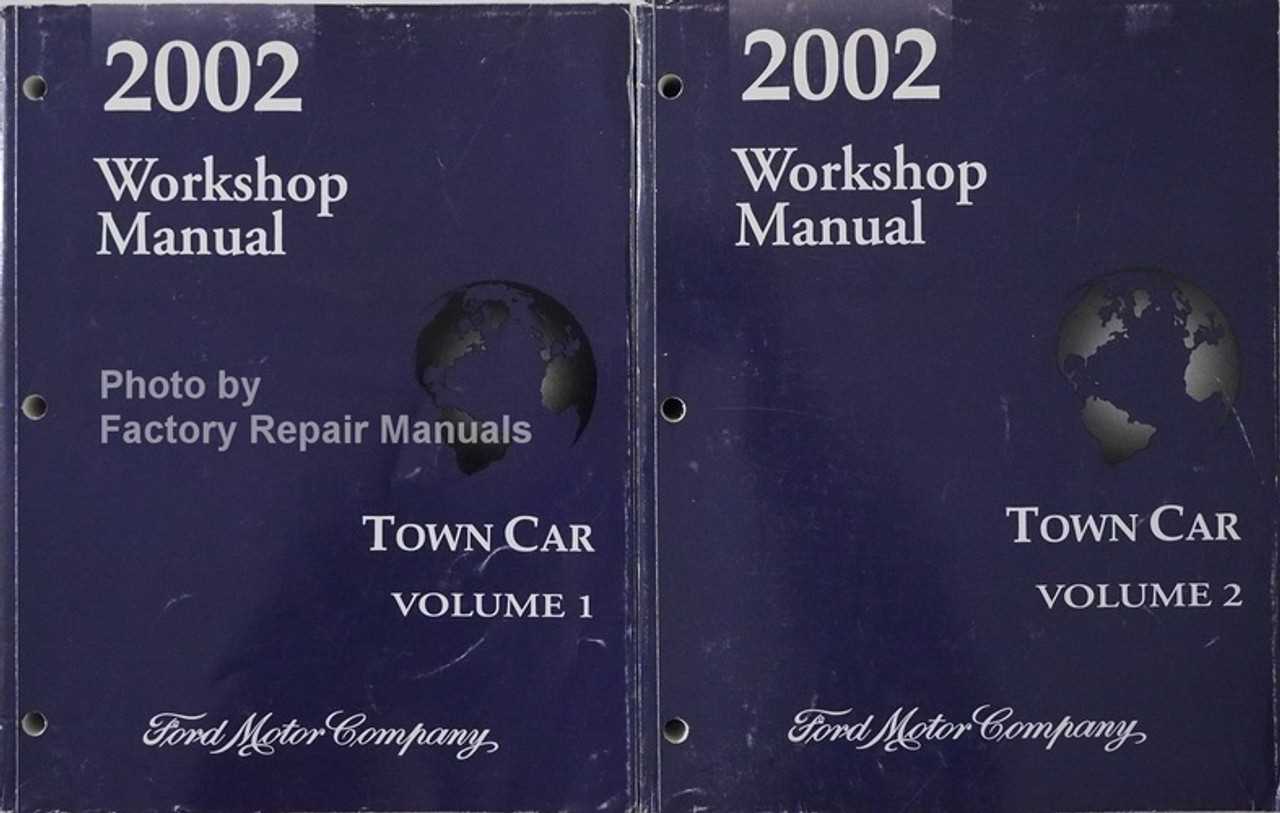
Owning a luxury vehicle brings joy, but it also requires a commitment to upkeep and service. Understanding the intricacies of your vehicle’s functionality can enhance both performance and longevity, ensuring a smooth and enjoyable driving experience. This section is dedicated to exploring essential practices for maintaining your automobile effectively.
In this informative resource, you’ll uncover detailed insights into the mechanics of your sophisticated ride, allowing you to tackle various issues with confidence. From routine checks to troubleshooting common malfunctions, this guide serves as a valuable companion for enthusiasts and casual drivers alike.
Whether you’re a seasoned mechanic or a novice, gaining knowledge about your vehicle’s systems will empower you to make informed decisions. Embrace the journey of learning, and elevate your understanding of automotive care to achieve the ultimate driving satisfaction.
Overview of Lincoln Town Car 2002

This section provides a comprehensive look at a classic luxury vehicle, highlighting its features, performance, and design. Renowned for its comfort and spaciousness, this model has become a symbol of elegance and reliability in the automotive world.
Key Features
- Spacious interior with high-quality materials
- Powerful V8 engine for smooth driving experience
- Advanced safety systems and features
- Luxurious amenities for passenger comfort
Performance Overview
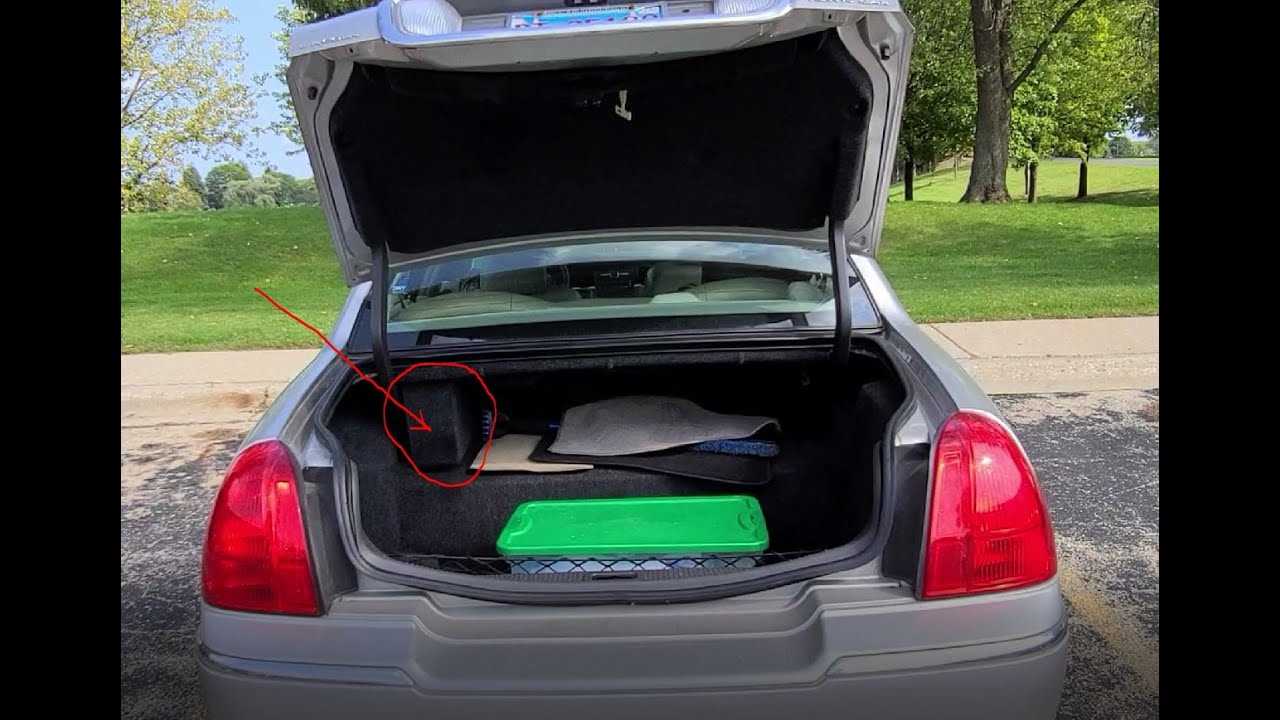
- Impressive horsepower and torque ratings
- Responsive handling and steering
- Fuel efficiency that competes in its class
- Durable construction ensuring longevity
Common Issues and Solutions
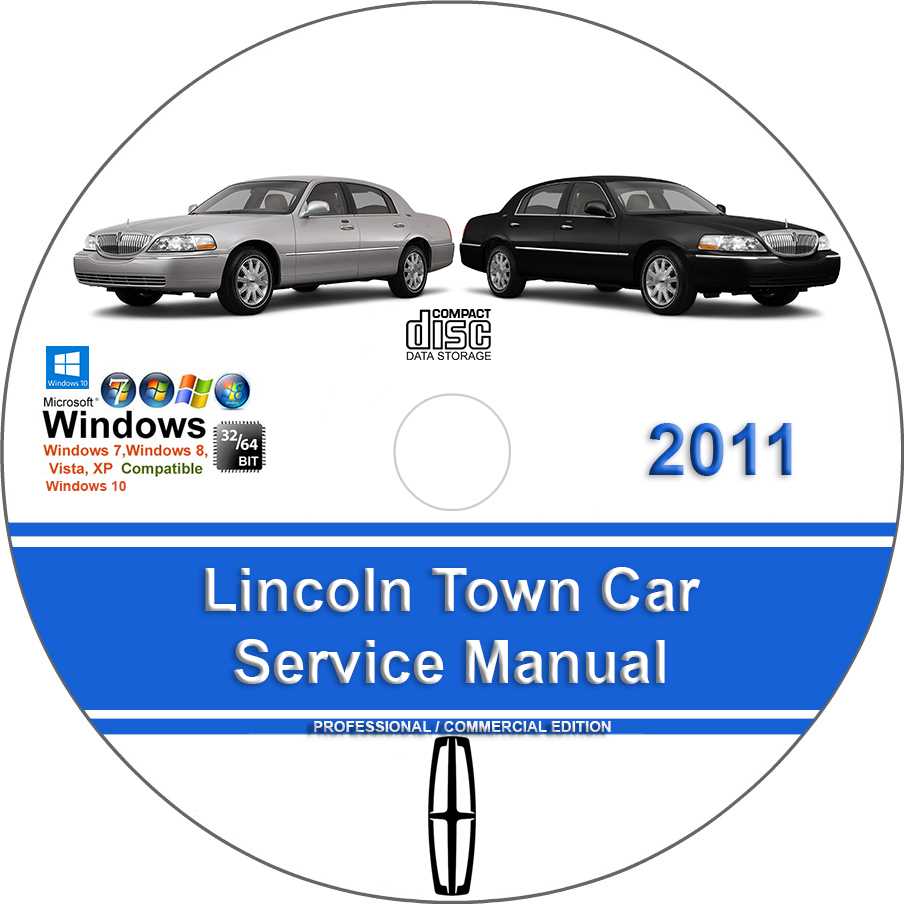
This section addresses frequent problems encountered with certain luxury vehicles and offers practical solutions to enhance performance and reliability. Understanding these common challenges can aid owners in maintaining their vehicles efficiently and avoiding costly repairs.
Electrical System Failures
One of the prevalent concerns is related to the electrical systems. Issues may arise from faulty wiring, malfunctioning batteries, or issues with the alternator. Owners often notice dimming lights or electrical components failing to operate.
| Issue | Solution |
|---|---|
| Dim lights | Check and replace fuses; inspect wiring for wear. |
| Dead battery | Test battery voltage; replace if below optimal levels. |
| Faulty alternator | Perform alternator test; replace if necessary. |
Transmission Problems
Transmission-related issues are also common, often characterized by slipping gears or delayed shifting. These problems can stem from low fluid levels, dirty filters, or worn components.
| Issue | Solution |
|---|---|
| Slipping gears | Check fluid levels; top up or replace if dirty. |
| Delayed shifting | Inspect filters and replace if clogged; service transmission fluid. |
| Unusual noises | Consult a professional for diagnosis; consider fluid change. |
Essential Tools for DIY Repairs
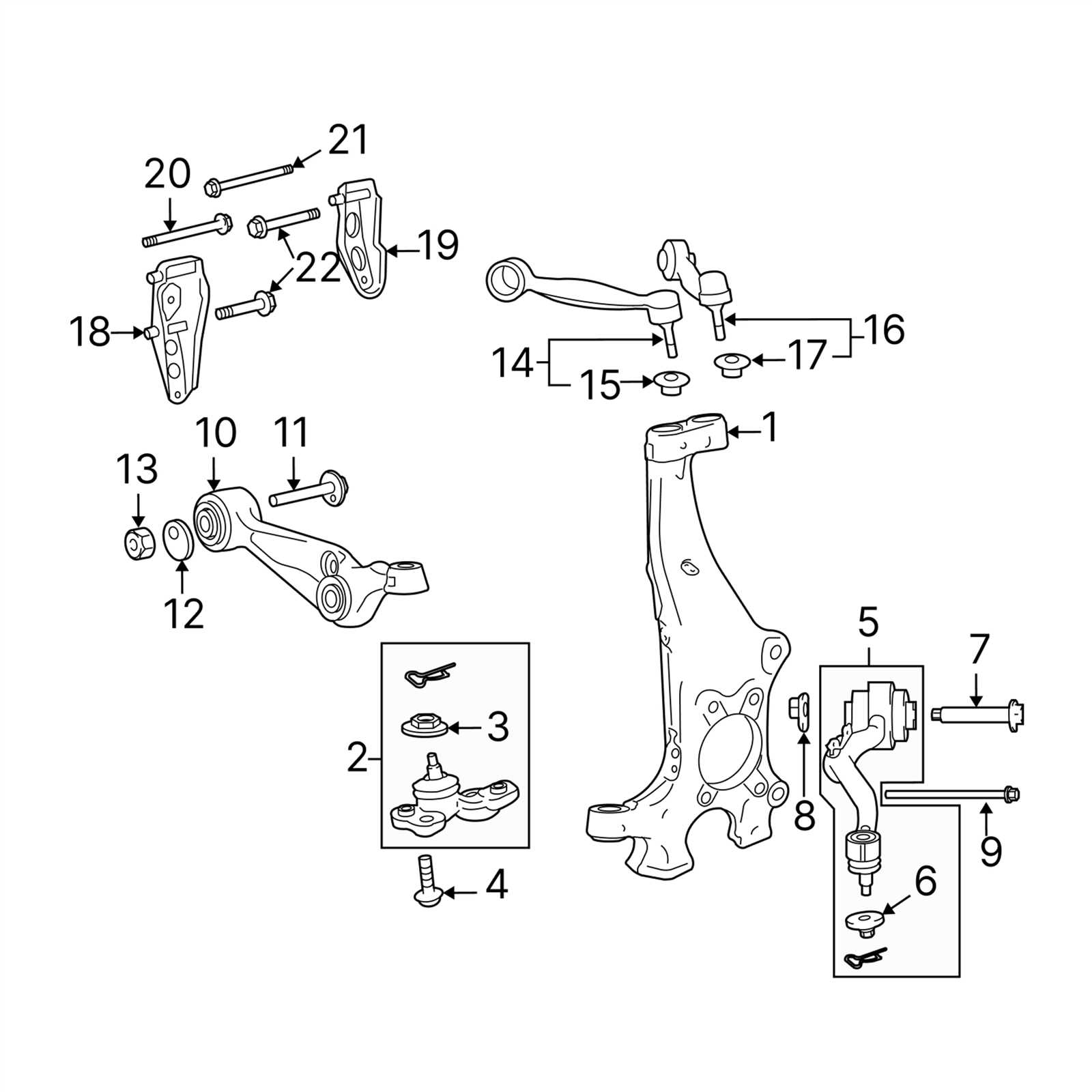
Embarking on maintenance tasks requires a foundational set of instruments to ensure effectiveness and safety. Having the right tools at your disposal can simplify the process, enhance precision, and foster confidence in tackling various challenges. Below is a compilation of indispensable implements for any enthusiastic enthusiast.
| Tool | Purpose |
|---|---|
| Socket Set | Ideal for loosening and tightening fasteners of different sizes. |
| Wrench Set | Useful for gripping and turning nuts and bolts securely. |
| Phillips and Flathead Screwdrivers | Essential for driving screws with various head types. |
| Pliers | Versatile for gripping, bending, and cutting wire or other materials. |
| Jack and Stands | Necessary for lifting and supporting heavy components safely. |
| Multimeter | Critical for diagnosing electrical issues and ensuring proper voltage. |
| Torque Wrench | Helps to apply the correct amount of force to fasteners. |
Step-by-Step Maintenance Procedures
This section provides a comprehensive guide to essential upkeep practices for ensuring longevity and optimal performance of your vehicle. Regular maintenance not only enhances safety but also improves efficiency, allowing you to enjoy a smooth driving experience.
Routine Checks
Conducting regular inspections is vital. Below are key components to monitor:
| Component | Frequency | Action |
|---|---|---|
| Oil Level | Monthly | Check and top up if necessary |
| Tire Pressure | Every two weeks | Inspect and inflate as needed |
| Brake Fluid | Every six months | Examine and replace if low |
Seasonal Maintenance
Adjusting your maintenance approach according to the season can prevent issues related to temperature extremes. Here are recommended practices:
| Season | Recommended Action |
|---|---|
| Winter | Check antifreeze levels and battery condition |
| Summer | Inspect air conditioning system and coolant |
Electrical System Troubleshooting Guide
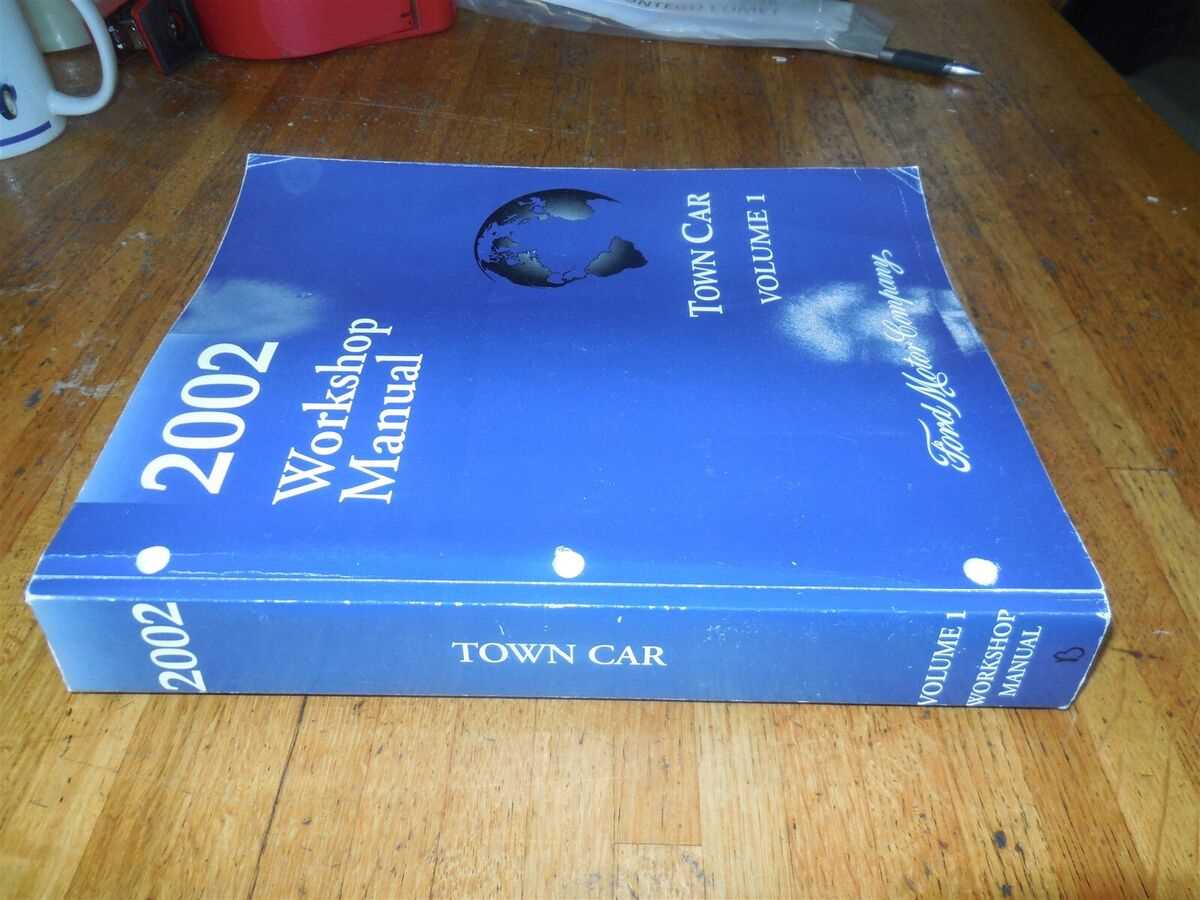
This section provides a comprehensive approach to diagnosing and resolving issues within the electrical framework of your vehicle. Proper understanding and methodical analysis can help in pinpointing faults and ensuring reliable operation of electronic components.
Common Symptoms and Causes
| Symptom | Possible Cause |
|---|---|
| Battery drains quickly | Faulty alternator or parasitic draw |
| Lights dim or flicker | Loose connections or weak battery |
| Starter motor not engaging | Defective starter or ignition switch |
| Electrical components malfunction | Blown fuse or wiring issues |
Troubleshooting Steps
Begin by visually inspecting the battery and connections for corrosion or damage. Next, test the voltage output from the alternator to ensure it is functioning properly. Check fuses and relays for any signs of failure, and utilize a multimeter to verify circuit integrity. Document any findings to facilitate further investigation.
Engine Components and Repairs
Understanding the intricate elements of an engine is essential for effective maintenance and troubleshooting. Each component plays a crucial role in the overall performance, and being familiar with their functions can significantly enhance your ability to address issues.
Key Elements: The primary parts include the cylinder block, pistons, crankshaft, and camshaft. Each of these elements contributes to the combustion process, and any malfunction can lead to reduced efficiency or even complete failure.
Troubleshooting: Regular checks on the gaskets and seals can prevent leaks, while monitoring the timing belt ensures that all moving parts operate in sync. Addressing these areas promptly can save time and money.
Maintenance Tips: Keeping the engine clean and using high-quality lubricants will extend the lifespan of its components. Moreover, adhering to recommended intervals for inspections will help catch potential problems before they escalate.
Transmission: Problems and Fixes
The transmission system is a crucial component in any vehicle, responsible for transferring power from the engine to the wheels. Issues within this system can lead to various performance problems, making it essential to identify and address them promptly. Below are some common transmission troubles and their potential solutions.
Common Issues

| Problem | Symptoms | Possible Solutions |
|---|---|---|
| Slipping Gears | Unexpected shifts, loss of power | Check fluid levels, replace worn components |
| Delayed Engagement | Hesitation when shifting from park to drive | Inspect transmission fluid, adjust linkage |
| Fluid Leaks | Puddles under the vehicle, low fluid levels | Identify source of leak, replace seals |
Preventive Measures
Regular maintenance is key to prolonging the lifespan of the transmission. This includes checking fluid levels, changing filters, and addressing any unusual noises or performance issues early on. By staying proactive, vehicle owners can avoid more severe and costly repairs down the line.
Suspension and Steering Insights
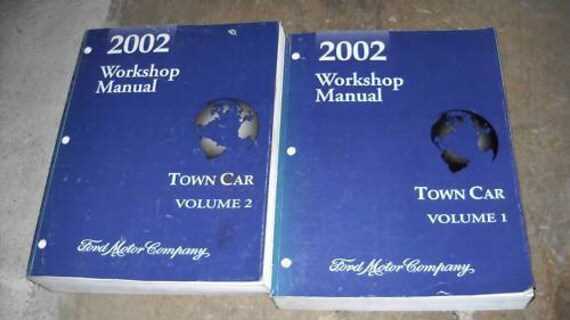
The intricacies of a vehicle’s suspension and steering systems play a crucial role in ensuring a smooth and stable driving experience. Understanding these components can significantly enhance maintenance efforts and contribute to overall performance.
Key aspects to consider include:
- Suspension Types: Different configurations affect handling and comfort. Common setups include independent and dependent systems.
- Components: Key parts such as shock absorbers, struts, and springs work together to absorb road imperfections.
- Alignment: Proper wheel alignment is essential for optimal tire wear and steering precision.
Regular checks on these elements can prevent issues that may arise from wear and tear, ensuring safety and reliability.
- Inspect shocks and struts for leaks or damage.
- Check tire pressure and tread depth regularly.
- Perform alignment adjustments as needed.
By focusing on these insights, vehicle owners can maintain the integrity of their ride, enhancing both safety and enjoyment on the road.
Braking System Maintenance Tips
Ensuring optimal performance of the stopping mechanism is crucial for safety and longevity of any vehicle. Regular upkeep can prevent costly repairs and enhance overall driving experience. Below are some essential guidelines to help maintain this vital component.
- Regular Inspections: Check the braking system at least twice a year for signs of wear and tear.
- Brake Fluid Checks: Monitor the brake fluid level and condition; replace it if it appears dark or contaminated.
- Pads and Shoes Examination: Inspect brake pads and shoes for thickness; replace them if they are worn down.
- Rotors and Drums Assessment: Look for grooves, warping, or rust on rotors and drums; resurfacing or replacement may be necessary.
- Brake Lines Inspection: Check for leaks or corrosion in the brake lines and replace any damaged sections.
- Listen for Unusual Noises: Pay attention to squeaking or grinding sounds when braking; these could indicate issues that need immediate attention.
By following these maintenance tips, you can ensure a reliable and effective braking system, enhancing both safety and performance on the road.
Resources for Further Assistance
When encountering challenges with your vehicle, having access to reliable sources of information can significantly ease the troubleshooting process. Whether you’re seeking guidance on maintenance tasks or looking for solutions to more complex issues, a variety of resources are available to assist you.
Online Forums and Communities: Engaging with fellow enthusiasts and professionals in dedicated forums can provide valuable insights. These platforms allow users to share experiences, offer tips, and discuss specific problems they have encountered.
Official Manufacturer Websites: The manufacturer’s website often features comprehensive resources, including FAQs, support documentation, and contact information for customer service. These official channels can help ensure that the information you receive is accurate and trustworthy.
Automotive Literature: Books and publications focused on automotive care can serve as excellent references. Many of these resources cover a wide range of topics, from basic upkeep to intricate repair techniques, making them suitable for all skill levels.
Local Workshops and Mechanics: Connecting with local professionals can provide hands-on assistance and expertise. Many mechanics are willing to share knowledge and advice, making them invaluable resources for those looking to enhance their understanding of vehicle maintenance.
Instructional Videos: Online platforms offer a plethora of video tutorials that visually demonstrate various maintenance and repair tasks. These step-by-step guides can be particularly helpful for visual learners seeking to tackle projects independently.
By utilizing these resources, you can empower yourself with the knowledge needed to effectively manage and maintain your vehicle.